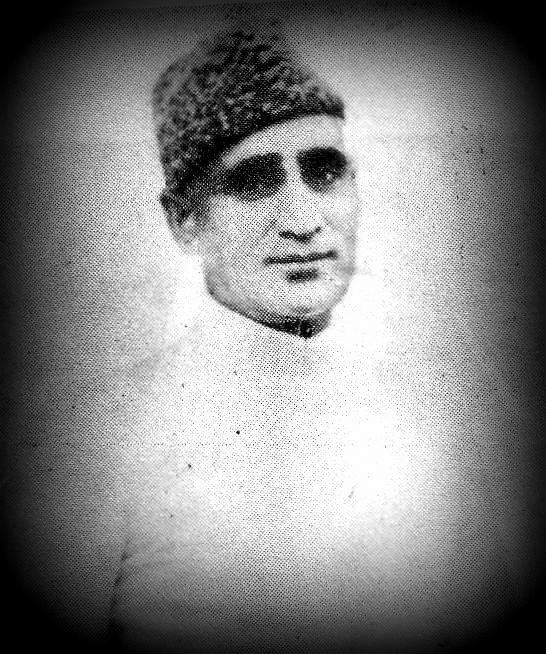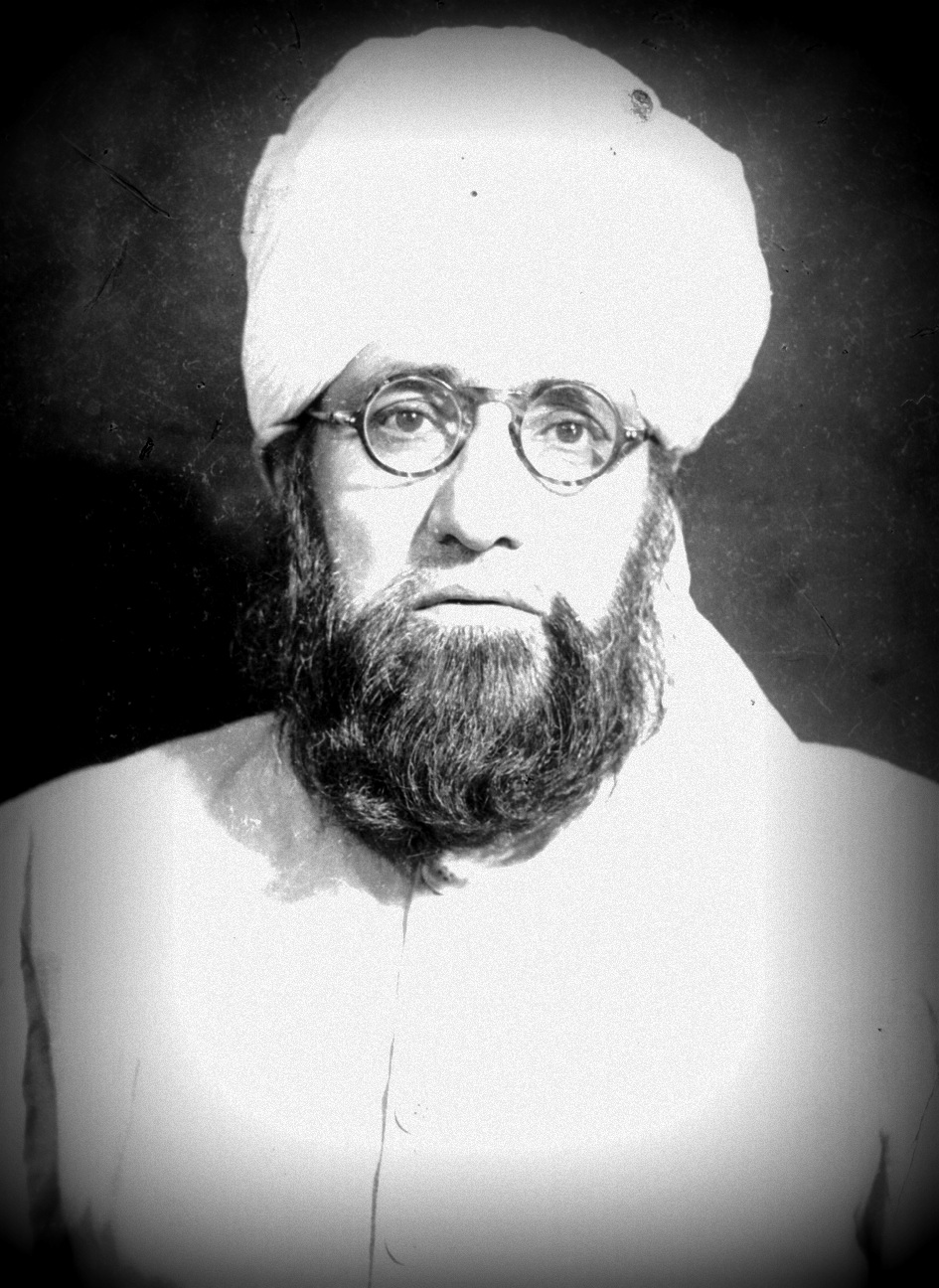Peace Watch » Editor's Take » Saga of Kashmir Failures- Is Hurriyat Conference Dying?
Saga of Kashmir Failures- Is Hurriyat Conference Dying?
It has been an enigmatic story that of birth with a bang and death with a whimper. In our state political organizations wither away much before they realize their political objectives but irrespective of their melting down political sentiments that these organizations articulate survive…
The melting starts as and when the political organizations fail to synchronize their political stand with that of the popular political sentiment. My belief is grounded in the seventy-one year political history of the state. The cause for the phenomenon of wilting and dying of political organizations in the state engaging my attention has been recent political postures and statements by one of the premier political organizations. For past nineteen years, the organization has been on scene. Its history has not been different from other political organizations- more of troughs less of crests. However, whatever peaks it has had, that enabled it to get an international recognition including an observer’s status in the OIC. This status could have graduated to the level of permanent seat in the fifty-six strong member organization of the Muslim countries….it is a separate subject at present beyond the scope of this column.
I have no reason to suspect the fidelity of the organizations to its cherished objectives. It has not changed its Constitution but its political discourses are brimming with phrases that largely suggest about it distancing from the ideology it represented. It borrowing phrases like ‘pragmatism’, ‘normalization’, ‘impracticability of resolution in the changed geo-political situation’, ‘reference points of the political movement having lost relevance’ from ‘the dominant discourse’ for its political narratives suggests it having accepted the hegemony of the ‘dominant discourse’. Drawing strength for propelling a political movement from borrowed ‘discourse’ is like navigating through troubled waters with in a rudderless boat. No boat left at the mercy of winds touches the right shore- history testifies it in case of us as well.
There has been a pattern in the birth of political organizations and their death in the State. Organizations with lofty political ideals representing the popular sentiment were born with great excitements. On their failure to represent the people’s political beliefs these passed silently into the footnotes of Kashmir history. This phenomenon has been there right from 1932- the year the Jammu and Kashmir Muslim Conference was born. The 1931, people’s movement had caused birth of this organization and catapulted it to the central stage of the state politics. This organization for representing overwhelming sentiment had dwarfed all other institutions in the state and dominated the political landscape. Analyzing the death of this organization six years after its birth though relevant to the subject may look farfetched for the context of political struggle in the state undergoing a sea change after British sailing across Indian ocean lock, stock and barrel. The state after 1947 lost its status of princely state. It emerged as a dispute between India and Pakistan that changed the context of Kashmir struggle.
The post 1947 scenario offers many examples that amplify the point of view that departing from the popular sentiment has always heralded the death of the political organization representing the sentiment. Those organizations that did not totally vanish from the scene where relegated to the backyard of anonymity – hardly ever making it once again to the central stage.
Here my subject is not religious organization or quasi-political organizations that often for their own survival or under public pressure have off and on been joining the political movements in the state. For most of these organizations, resolution of the Kashmir problem is of subsidiary importance while as the primary objectives is the propagation of religion. Some of these religious and quasi-political organizations have been on the scene for over sixty years. In the post-1990 some of these quasi-political organization seemed shedding quasi word from their body politic like old skin and assuming the role of political organization but after 1996 they virtually exited from the political scene.
To illustrate the phenomenon of ‘disappearing’ of political organizations from the political scene in the state, the Jammu and Kashmir Plebiscite could be a classical example. The other example though of lesser importance could be that of the Jammu and Kashmir Political Conference and the Jammu and Kashmir and Awami Action Committee.
The Jammu and Kashmir Political Conference was born in July 1953. These were the times when difference between Sheikh Abdullah and Jawaharlal Nehru were at its peak. Moreover, India and Pakistan where in the thick of discussions over appointment of an international administrator for implementing UN resolution. The party attracted cadres of the Muslim Conference. However, it did not gain that much of strength but it still was a force to reckon with during fifties and early sixties. It started losing its strength after it changed its political narrative and ultimately withered away from the scene.
The Plebiscite Front was born in 1955. It demanded right to self-determination and called for implementation of the UN Security Council resolution. It was well-knit cadre based organization popular organization in the state. It led some important political movements in the state that brought Kashmir into focus at the international level. Internationally the organization came to be known as authentic voice of people of the state. Notwithstanding its popularity, this organization also evaporated from the political scene of the state without leaving its traces behind. I do not see the National Conference born in 1975, as the new avatar of the Front- it cannot be. The two organizations represented two conflict ideologies, the Front did not believe in the finality of accession and demanded holding of plebiscite in the state. The NC believes in finality of accession and does not subscribe to UN resolutions.
The question arises why a strong organization like the Front died a silent death. The ostensible reason has been it altering its primary narratives and drawing strength from the ‘dominant discourse.’ That encouraged the Front leadership to talk about messy administration, bankruptcy of the state, corruption, ‘international community losing interest in Kashmir’, ‘‘Russian Veto and powerless of Security Council’, ‘changed geo-political situation’ , so on and so forth…epitaph on Front was written in 1968, State Peoples Convention and rites were performed in 1975.
The dominant discourse then and now are not different…does it harbinger another death?
Filed under: Editor's Take · Tags: Mirwaiz Farooq, Mirza Afazal Beg, Pakistan, Peace, Z. G. muhammad, Z.G. Muhmamd, Zahid G Muhmmad







